Nearly three-quarters of Europeans – 74% – think the continent should reduce its military dependence on the US and invest in its own defense capabilities, a new report published by the European Council on Foreign Relations (ECFR) on June 7 shows.
The report, based on a poll of more than 16,000 participants from 11 countries, also found that 62% of respondents want Europe to remain neutral in any conflict between the US and China over Taiwan – in line with recent statements by French President Emmanuel Macron.
In an interview with Politico in April after returning from a visit to China, the French leader said the “big risk” Europe faces is to “get caught up in crises that are not ours,” preventing Europe from building its strategic autonomy, adding that the “old continent” should not follow the US or China on the Taiwan issue.
“The main point from our survey is that Europeans want to see the EU become more autonomous in foreign policy and build its own defense capabilities,” said Jana Puglierin, one of the report’s authors.
“These are not new demands from the EU, or from the leaders of the member states, but this has been highlighted by the war in Ukraine and the growing tensions between the US and China,” Ms. Puglierin said.
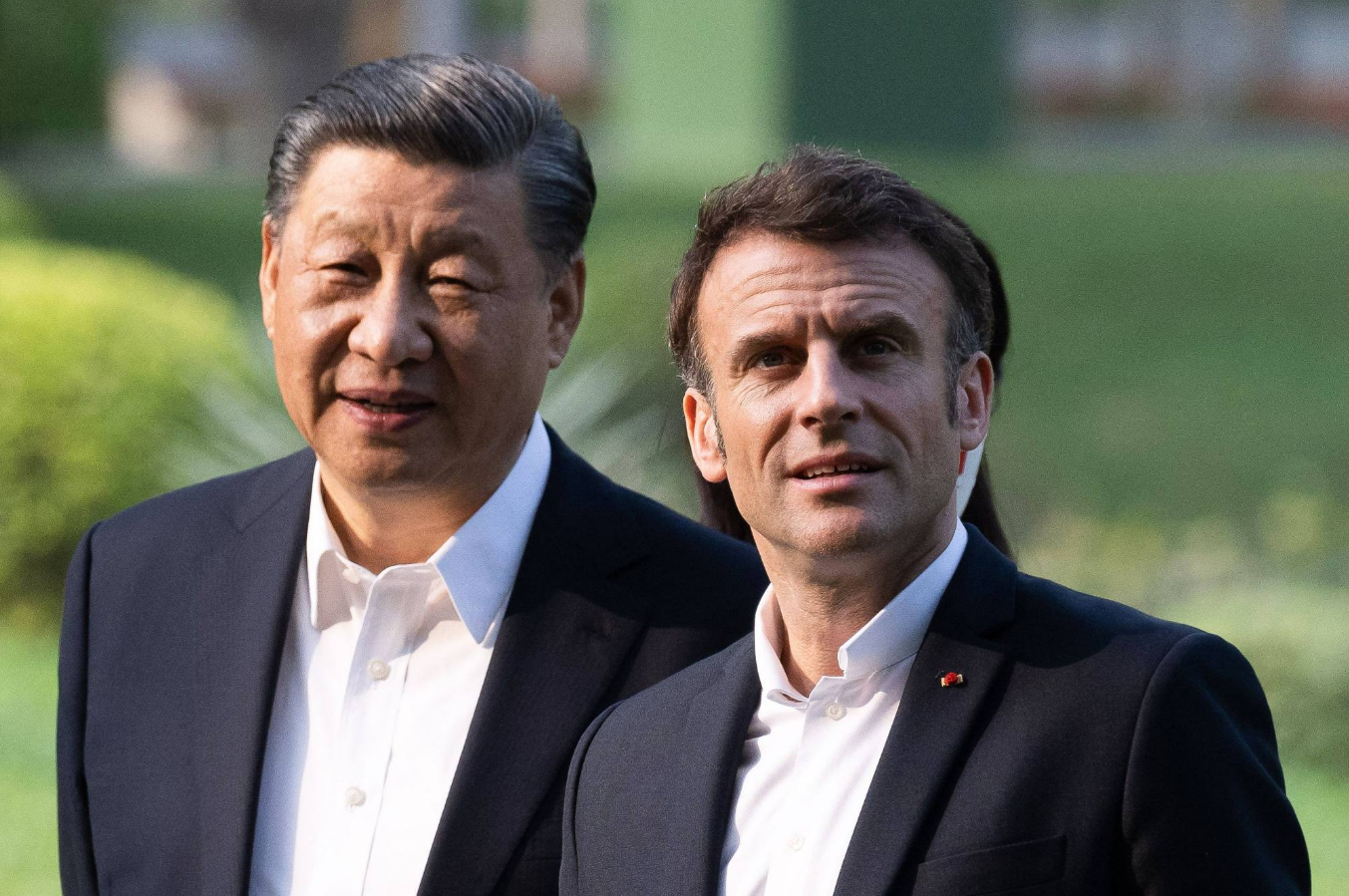
Chinese President Xi Jinping and French President Emmanuel Macron take a walk in the Pine Garden in Guangzhou, Guangdong province, on April 7, 2023, during the French leader's visit to China. Photo: SCMP
According to the ECFR report, 43% of Europeans see China as a “necessary partner” – meaning they tend to agree with Mr. Macron’s stance on China – while 35% see Beijing as a “rival” of their country.
Several European leaders, including Mr Macron and German Chancellor Olaf Scholz, have recently visited Beijing. Some see China as a competitor, while others see the Asian giant as a business partner.
ECFR's survey shows that Germany and Sweden are the two countries with the most "hawkish" (tough) stance towards China.
The report also found that if Beijing decides to supply ammunition and weapons to Russia, 41% of survey respondents said they would be willing to sanction China, even if it meant severely damaging their own economies .
However, in Hungary, Austria, Italy and Bulgaria, respondents said they did not want sanctions to be imposed.
As Moscow's top ally, China has sought to portray itself as a neutral mediator in the war in Ukraine, but Western leaders have criticized Beijing's efforts, saying it has chosen sides in the conflict.
China denies supplying arms to Moscow, and has tried to realize its role as a peace broker by sending Special Envoys to European capitals, including Kiev (Ukraine) and Moscow (Russia), to listen to European views.
ECFR survey respondents also oppose the prospect of China owning critical European infrastructure, such as bridges or ports (65%), tech companies (52%) and owning a newspaper in their country (58%).
The ECFR survey was conducted online with participants from Austria, Bulgaria, Denmark, France, Germany, Hungary, Italy, the Netherlands, Poland, Spain and Sweden.
In the summary of its report, the European Council on Foreign Relations (ECFR) stated:
The Russia-Ukraine conflict has shown Europeans that they live in an uncooperative world. But their cooperative foreign policy instincts are only slowly adapting to this new reality.
Europeans want to remain neutral in a potential conflict between the US and China and are reluctant to downplay the risks posed by China – even as they recognize the dangers of its economic presence in Europe. However, if China decides to supply weapons to Russia, that would be a “red line” for much of the European public.
Europeans remain united on their current approach to Russia – although they disagree on Europe's future Russia policy.
They have accepted Europe's closer relationship with the United States, but they want to be less dependent on American security guarantees.
European leaders have an opportunity to build public consensus around a European approach to China, the US and Russia. But they need to understand what motivates the public and communicate clearly about the future .
Minh Duc (According to Politico, Euronews, ECFR )
Source






![[Photo] Super harvest moon shines brightly on Mid-Autumn Festival night around the world](https://vphoto.vietnam.vn/thumb/1200x675/vietnam/resource/IMAGE/2025/10/07/1759816565798_1759814567021-jpg.webp)

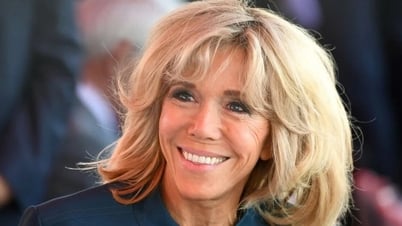



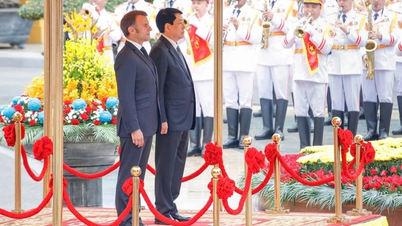

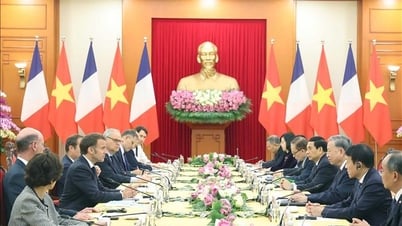

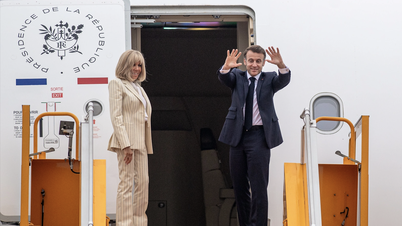
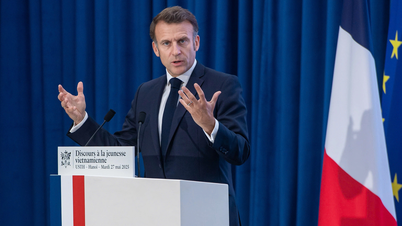



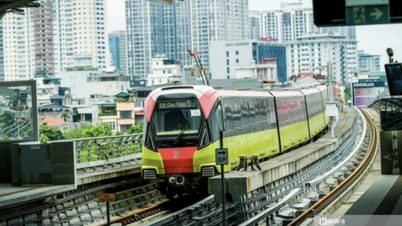
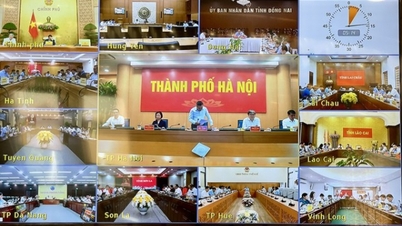
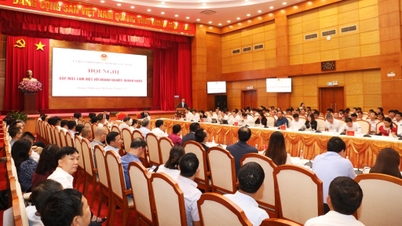
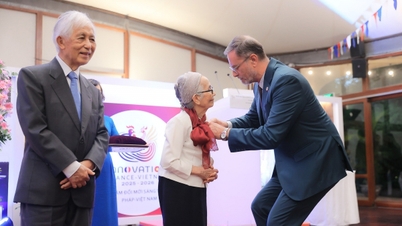




































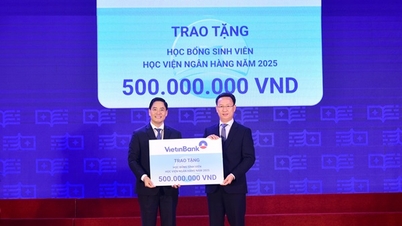









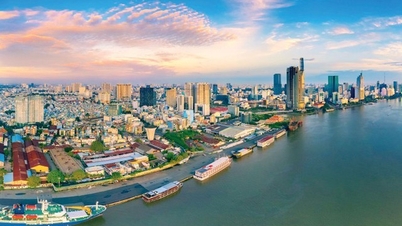
































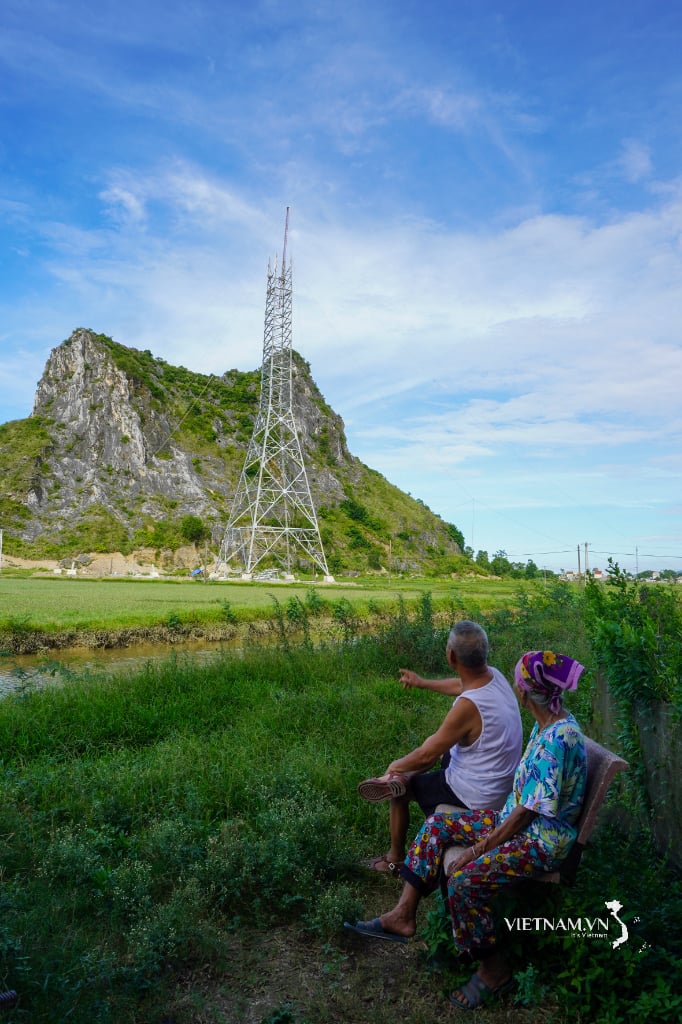
Comment (0)